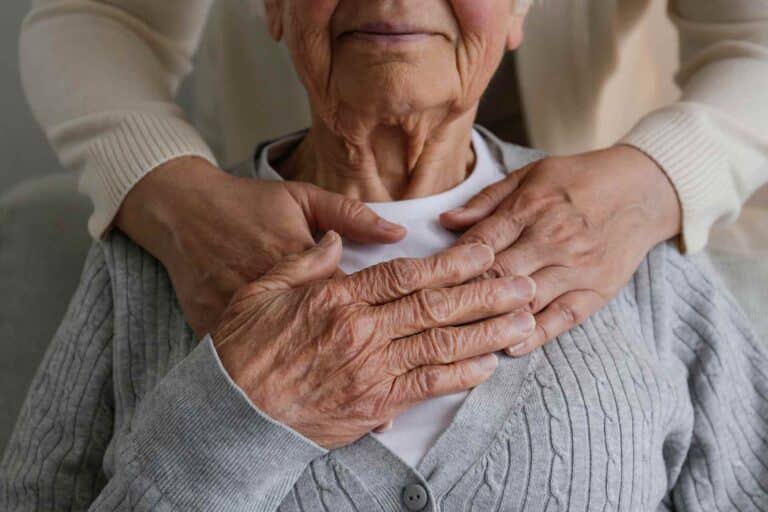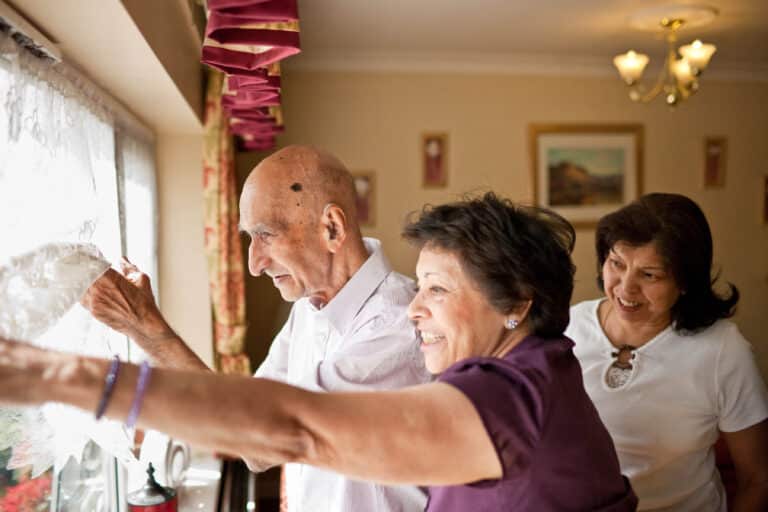The report by Jenny Kartupelis, Mary Larkin and Manik Gopinath and titled ‘The Value and Practice of Relational Care’ was unveiled at the House of Lords last week (Wednesday, 17 May).
By looking at examples of when care has worked well, it found that relational care could solve many of the sector’s problems.
It defines relational care as: “Relational care is based on the recognition that human wellbeing requires interdependence; it represents a move away from seeing individuals as a collection of needs to be met by others towards mutuality in caring relationships whereby no one is solely a ‘giver’ or ‘receiver’. Central to relational care is the role of emotional, physical, social and spiritual environments. These facilitate relationships where there is a multidirectional flow of care and create supportive networks, enabling all those involved to contribute as much as they can and wish to the lives of their peers and communities.”
The report goes on to say: “We found that relational care flourishes in an environment where there is: an atmosphere of respect, trust and inclusivity that nurtures belonging; a purposeful focus on relationships; and a physical environment that helps to nurture relationships and autonomy. We also identified a number of often interrelated features – some reliant on practice, some on physical space, and some on both – that contribute to these three key components.”
Read what the sector’s biggest names had to say about the report below:
Martin Green, chief executive, Care England
“[This] study graphically illustrates that whatever challenge a person faces, and whatever service they receive, the thing that remains important is the relationships that they have with others, and particularly the people who support them.”
Avnish Goyal, chair of the Hallmark Foundation and Hallmark Care Homes; chair of Care England
“Hallmark Care Homes have been implementing relational care for years because we know it works. Relational care supports happier older people, it makes our homes happier places, and it makes for happier team members. A real win-win-win which I recommend to all care providers.”
Vic Rayner, CEO, National Care Forum
“The need to be recognised for your value and contribution to communities and people does not stop as you become older. There is no arbitrary age-related cut off point for the give and take that characterises the interdependence underpinning human relationships. Yet the care of older people is often represented as one-way set of wants and needs.
“Relational care recognises this and offers an approach that highlights the importance of building the key
elements of respect, trust and inclusivity in a care system fit for the future. This report speaks to the primacy of human relationships and encourages a re-balancing of the lives of older people.”
Read the full report here.



